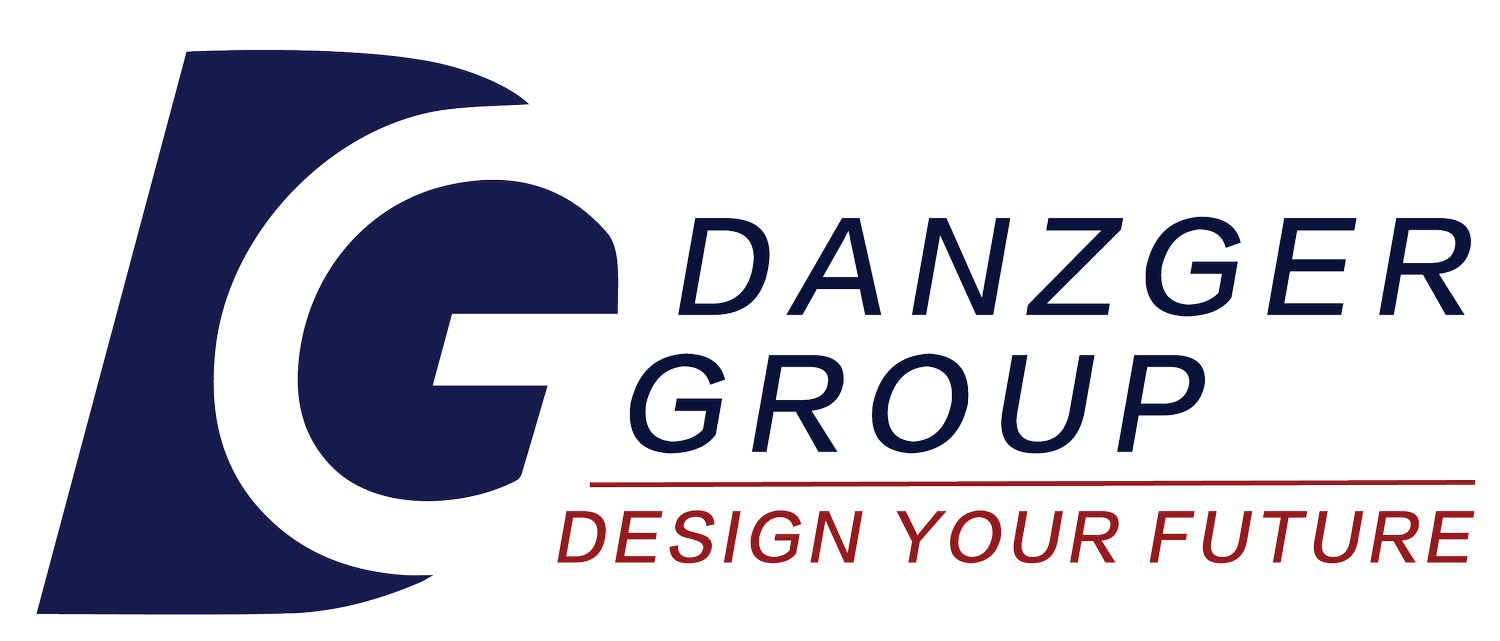WCT #94: 7 ways to avoid the “disposable” job
Two Minute Read
If you're not yet subscribed, click here or the subscribe button below and get concrete, actionable tips and insights every month to help you land great jobs and level up your career game.
Recent headlines have been filled with news of mass layoffs in the federal government, a stark reminder that no job is entirely safe. Even roles once considered secure can become disposable when budgets tighten, priorities shift, or automation steps in. The reality is that job loss can strike indiscriminately. Whether you're trying to protect the job you currently have or securing a new one, the key is to make yourself as indispensable as possible. The best way to do that? Choose your role wisely, continuously add value, stay visible, and adapt. Here’s how.
1. Add Value to Your Organization. Your job security is directly tied to the value you provide. If your company can do without you, your position is vulnerable. How do you ensure you're essential? By impacting the bottom line. Grow revenue, reduce costs, improve customer experience, or ensure compliance with regulations—these are the areas that keep businesses running.
For example, if you work in sales, focus on building relationships that bring in repeat business. In operations? Streamline processes that cut costs. In customer service? Elevate customer satisfaction to improve retention. The more you tie your work to the company’s core objectives, the harder it will be to imagine the business without you.
2. Make Sure People Know About Your Contributions. Doing great work isn’t enough if no one knows about it. Visibility matters. Your boss and other decision-makers should be fully aware of the value you bring. Regularly update your manager on your achievements and how they impact the organization.
Beyond internal recognition, secure recommendations and testimonials—especially on professional networks like LinkedIn. These not only validate your contributions but also prepare you for unexpected career moves. When people can vouch for your skills and impact, you become a more attractive asset to your current and future employers.
3. Focus on Roles That Aren't Easily Replaced by Technology. Automation and AI are transforming industries, making some roles obsolete. To stay relevant, focus on work that requires human judgment, creativity, and emotional intelligence—areas where machines still struggle.
For instance, strategic leadership, relationship management, creative roles, and specialized technical skills are less likely to be automated. Consider pivoting into roles that leverage these skills if your current job is at risk of being replaced by technology.
Of course, it’s better to learn how to use AI to augment your work and increase your value than to fear it.
4. ABU—Always Be Upskilling. Staying still is the fastest way to become replaceable. The job market rewards those who keep learning. Upskilling makes you more adaptable, allowing you to bring fresh value to your organization.
Consider these examples:
Data analysis: In marketing? Learn how to interpret customer data to make better campaign decisions.
Digital tools: In project management? Master new software that enhances productivity.
AI literacy: Understanding how AI can support (not replace) your work will position you as a forward-thinker.
Free resources like Coursera, LinkedIn Learning, and Google certifications make learning accessible. The more skills you develop, the more flexible and valuable you become.
5. Understand and Align with Your Organization's Mission. Employees who truly "get" their company’s mission and can align their work with it stand out. If leadership sees you as someone who drives the company’s purpose, you’re far less likely to be viewed as expendable.
For example, if your organization values sustainability, contribute to green initiatives. If innovation is key, suggest new solutions. Actively participate in brainstorming sessions or propose workflow improvements. When you connect your role to the company’s big picture, you reinforce your relevance.
6. Demonstrate Adaptability and Resilience. In uncertain times, companies value employees who can roll with the punches. Show that you can handle change, learn new processes, and remain positive under pressure. Adaptable employees not only survive tough times but often come out stronger, positioning themselves for leadership roles.
7. Keep Your Personal Network Warm. Even with all the right moves, job security isn't guaranteed. Factors beyond your control can cause layoffs. Your network can be your safety net.
Stay connected with former colleagues, mentors, and industry peers. Attend industry events, join professional groups, and engage on platforms like LinkedIn. The relationships you nurture today could lead to opportunities tomorrow. A warm network shortens the gap between jobs if the unexpected happens.
The Bottom Line
No job is truly immune from change, but you can take control of your career by making yourself as indispensable as possible. Focus on work that drives real impact, ensure your contributions are seen, and stay ahead of industry shifts. The most valuable employees aren’t just good at what they do—they’re adaptable, well-connected, and always learning.
A strong reputation, a future-proof skill set, and a warm network can turn job uncertainty into opportunity. In a world where roles can become disposable overnight, make sure yours isn’t.
I help people land amazing jobs fast and manage their career journeys through coaching and advising. I also transform resumes and LinkedIn profiles to attract more interviews and offers. Learn more about my career coaching and contact me or request a free 15-minute Career Solutions Call.

